What are the risk factors for poor outcomes after a concussion?
 When patients suffer a concussion, the vast majority of patients will have symptoms for 10 days or less. About 10-15% of concussed patients will develop persistent symptoms and be diagnosed with post-concussion syndrome.
When patients suffer a concussion, the vast majority of patients will have symptoms for 10 days or less. About 10-15% of concussed patients will develop persistent symptoms and be diagnosed with post-concussion syndrome.
Thanks to an explosion in concussion research in the last 20 years, we know a lot more about these head injuries than we have in the past. While we don’t know the exact physical reasons why some people are more likely to suffer from post-concussion syndrome, we do know some specific risk factors for people developing persistent symptoms.
Here’s a short but important list of factors that may make a young athlete more susceptible to chronic concussion symptoms:
- Patients with a history of migraine headache
- Patients with a history bipolar or anxiety disorder
- Patients with a family history of bipolar or anxiety disorder
- Patients with a previous concussion
There’s a few interesting things to take away from this:
- Having a history of migraine likely means that your nervous system will be more vulnerable to the headache and nausea experienced with concussion symptoms. It may also signal that you have a sensitivity in your neck to issues that may stimulate the headache process and can be worsened by head trauma.
- The first is that mental health seems to be a major player in the future expression of post-concussive symptoms like headache and dizziness. It shows us the power that mental health can have on physical health problems.
- There’s no association with the severity of the concussion or losing consciousness. While a more severe hit to the head or getting knocked out seem like they would predict worse recovery, the data suggests that it doesn’t play a significant role in the development of persistent symptoms.
- A lot of people get their physical symptoms treated for post concussion symptoms by a variety of providers, but a lot of people ignore their psychological and cognitive treatments. Having someone that can help manage their anxiety appropriately and use cognitive behavioral interventions can help many patients benefit from their physical symptoms.
Don’t Forget: Health Is A 3 Legged Stool
It’s easy to think about health in terms of physical ailments, but your overall well being is dependent on physical, mental, and emotional health. There’s a reason why people with depression and anxiety have worse outcomes for every physical ailment that exists. If you have a poor mental and emotional outlook, your brain simply doesn’t mobilize it’s repairing and recuperative resources as effectively.
In the world of concussion we often talk about getting the right care for concussions linking it to cervical spine problems, vestibular problems, or brain problems. What we sometimes forget is that some of our susceptibility to illness is related to our belief in the fragility or resilience of our bodies. Let’s restore faith in the strength of our bodies and make ourselves more robust healing machines.

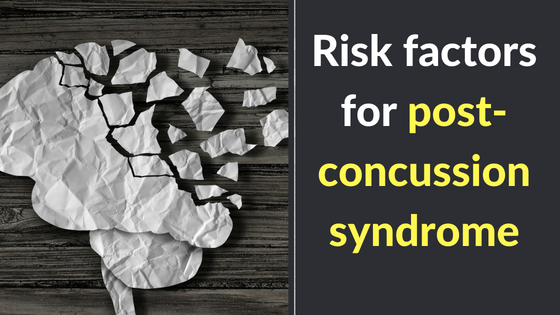

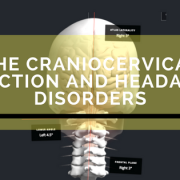
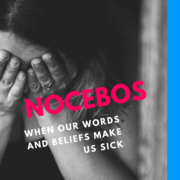
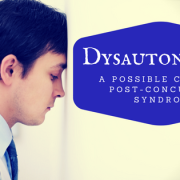

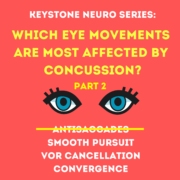
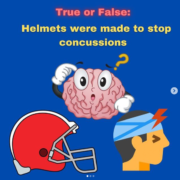


Leave a Reply
Want to join the discussion?Feel free to contribute!